The UN (United Nations) is an international organization founded in 1945 after the Second World War by 51 countries committed to maintaining international peace and security, developing friendly relations among nations and promoting social progress, better living standards and human rights.
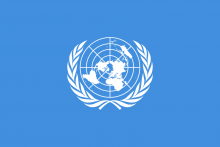
Recognizing that serious violations of humanitarian law were committed in Rwanda, and acting under Chapter VII of the United Nations Charter, the Security Council created the International Criminal Tribunal for Rwanda (ICTR) by resolution 955 of 8 November 1994. The purpose of this measure is to contribute to the process of national reconciliation in Rwanda and to the maintenance of peace in the region.
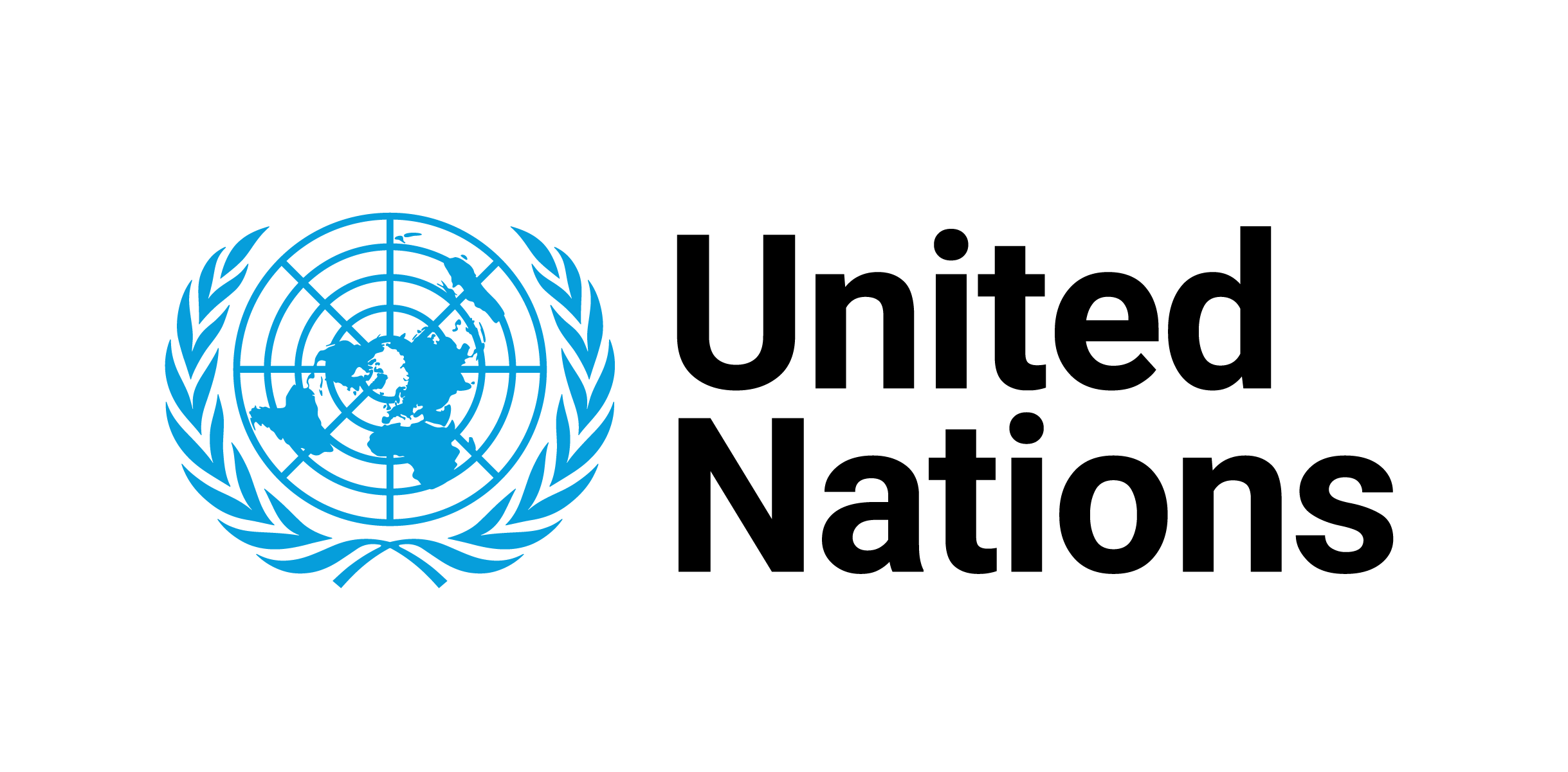
Agency
See all ICTR publicationsThe Comprehensive Nuclear-Test-Ban Treaty (CTBT) bansnuclear explosions by everyone, everywhere: on the Earth's surface, in the atmosphere, underwater and underground.
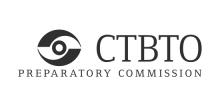
Agency
See all CTBTO publicationsThe International Criminal Tribunal for the former Yugoslavia (ICTY) is a United Nations court of law dealing with war crimes that took place during the conflicts in the Balkans in the 1990’s. Since its establishment in 1993 it has irreversibly changed the landscape of international humanitarian law and provided victims an opportunity to voice the horrors they witnessed and experienced.

Agency
See all ICTY publicationsAchieving food security for all is at the heart of FAOs efforts - to make sure people have regular access to enough high-quality food to lead active, healthy lives. FAOs mandate is to raise levels of nutrition, improve agricultural productivity, better the lives of rural populations and contribute to the growth of the world economy.
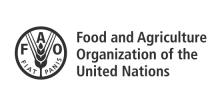
The United Nations Office for Outer Space Affairs implements the decisions of the General Assembly and of the Committee on the Peaceful Uses of Outer Space. The office has the dual objective of supporting the intergovernmental discussions in the Committee and its Scientific and Technical Subcommittee (S&T) and Legal Subcommittee, and of assisting developing countries in using space technology for development. In addition, it follows legal, scientific and technical developments relating to space activities, technology and applications in order to provide technical information and advice to Member States, international organizations and other United Nations offices.
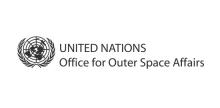
Agency
See all UNOOSA publicationsThe ITCs mission is to enable small business export success in developing and transition-economy countries, by providing, with partners, sustainable and inclusive development solutions to the private sector, trade support institutions and policymakers.
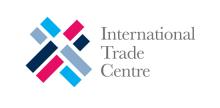
Agency
See all ITC publicationsGuided by Security Council resolutions 1373 (2001) and 1624 (2005), the CTC works to bolster the ability of United Nations Member States to prevent terrorist acts both within their borders and across regions. It was established in the wake of the 11 September terrorist attacks in the United States.

Agency
See all CTC publicationsThe IAEA (International Atomic Energy Agency) is the worlds center of cooperation in the nuclear field. It was set up as the worlds ATOMS FOR PEACE organization in 1957 within the United Nations family. The Agency works with its Member States and multiple partners worldwide to promote safe, secure and peaceful nuclear technologies.
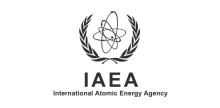
Agency
See all IAEA publicationsConstantly seeking to foster and support the sustainable growth of air transport, the International Civil Aviation Organization serves as the global forum for its 191 Member States.

Agency
See all ICAO publicationsThe International Court of Justice (ICJ) is the principal judicial organ of the United Nations (UN).
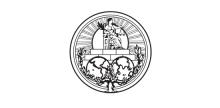
Agency
See all ICJ publicationsInternational Fund for Agricultural Development (IFAD), a specialized agency of the United Nations, was established as an international financial institution in 1977 as one of the major outcomes of the 1974 World Food Conference. The Conference was organized in response to the food crises of the early 1970s that primarily affected the Sahelian countries of Africa. The conference resolved that "an International Fund for Agricultural Development should be established immediately to finance agricultural development projects primarily for food production in the developing countries". One of the most important insights emerging from the conference was that the causes of food insecurity and famine were not so much failures in food production, but structural problems relating to poverty and to the fact that the majority of the developing world's poor populations were concentrated in rural areas.
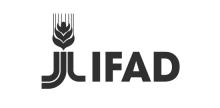
Agency
See all IFAD publicationsThe ILO is the international organization responsible for drawing up and overseeing international labour standards. It is the only 'tripartite' United Nations agency that brings together representatives of governments, employers and workers to jointly shape policies and programmes promoting Decent Work for all. This unique arrangement gives the ILO an edge in incorporating 'real world' knowledge about employment and work.
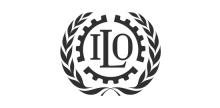
Agency
See all ILO publicationsThe purposes of the Organization, as summarized by Article 1(a) of the Convention, are "to provide machinery for cooperation among Governments in the field of governmental regulation and practices relating to technical matters of all kinds affecting shipping engaged in international trade; to encourage and facilitate the general adoption of the highest practicable standards in matters concerning maritime safety, efficiency of navigation and prevention and control of marine pollution from ships".
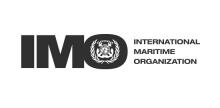
Agency
See all IMO publicationsIOM is committed to the principle that humane and orderly migration benefits migrants and society. As the leading international organization for migration, IOM acts with its partners in the international community to assist in meeting the growing operational challenges of migration management, advance understanding of migration issues, encourage social and economic development through migration, and uphold the human dignity and well-being of migrants.

Agency
See all IOM publicationsThe Intergovernmental Panel on Climate Change (IPCC) is the leading international body for the assessment of climate change. It was established by the United Nations Environment Programme (UNEP) and the World Meteorological Organization (WMO) to provide the world with a clear scientific view on the current state of knowledge in climate change and its potential environmental and socio-economic impacts. The UN General Assembly endorsed the action by WMO and UNEP in jointly establishing the IPCC.

Agency
See all IPCC publicationsThe IPU is the international organization of Parliaments (Article 1 of the Statutes of the Inter-Parliamentary Union). It was established in 1889. The Union is the focal point for world-wide parliamentary dialogue and works for peace and co-operation among peoples and for the firm establishment of representative democracy.
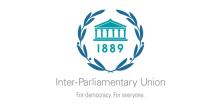
Agency
See all IPU publicationsThe International Tribunal for the Law of the Sea is an independent judicial body established by the United Nations Convention on the Law of the Sea to adjudicate disputes arising out of the interpretation and application of the Convention. The Tribunal is composed of 21 independent members, elected from among persons enjoying the highest reputation for fairness and integrity and of recognized competence in the field of the law of the sea.
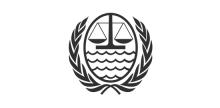
Agency
See all ITLOS publicationsITU was founded in Paris in 1865 as the International Telegraph Union. It took its present name in 1932, and in 1947 became a specialized agency of the United Nations. Although its first area of expertise was the telegraph, the work of ITU now covers the whole ICT sector, from digital broadcasting to the Internet, and from mobile technologies to 3D TV.
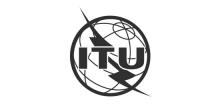
Agency
See all ITU publications